In this post, I review the 21 Best Vegan Probiotics, exactly how probiotics work, their benefits, food sources, and supplements so that you can make an informed choice regarding how to add probiotics into your daily routine.
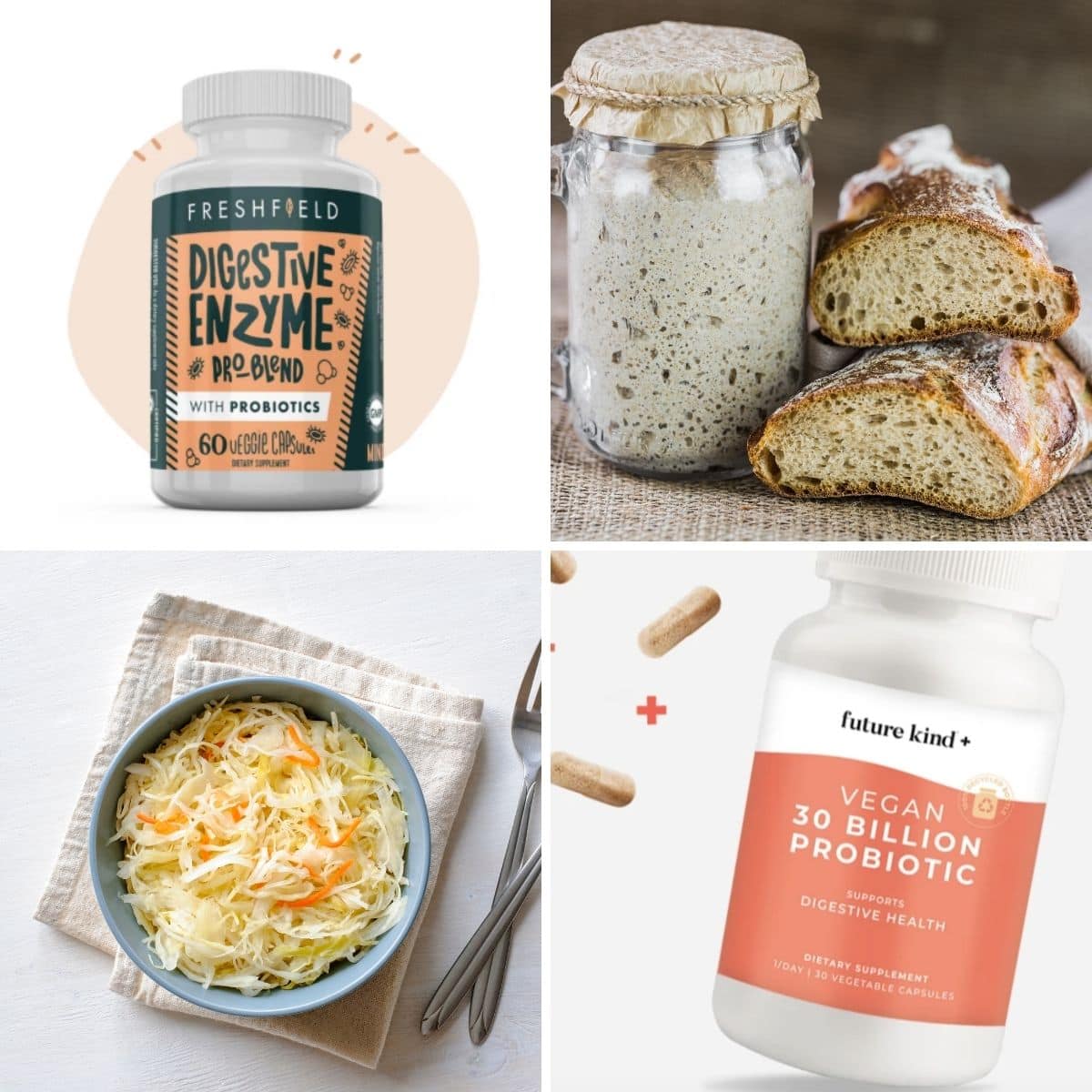
When turning towards a vegan diet, most people focus on ensuring they have enough protein, vitamins, and minerals. But one crucial component that is often overlooked is gut health which plays a significant role in one’s overall well-being. Probiotics help to ensure a healthy microbiome. They are the good bacteria that supports digestive health and immune function. While commonly found in dairy products, vegans can consume probiotics through various plant-based sources and supplements. In this article, we’ll explore why probiotics are essential for vegans, how to incorporate these beneficial bacteria into their diet, and which supplements are best suited for vegans in particular.
What are probiotics?
Probiotics are bacteria or yeast that naturally live in your body. Your body has two types of bacteria that are constantly present, good bacteria, and bad bacteria. Probiotics are good bacteria that keep your body functioning, while bad bacteria make you feel sick.
When you become, sick bad bacteria are more abundant. When you take probiotics, they help to eliminate harmful bacteria bringing your body back to a healthy balance and improving your overall health.
Probiotics are part of your larger gut microbiome. You have trillions of microbes both in and on your body. Your microbiome is unique to you. No two microbiomes are the same. It contains bacteria, fungi, viruses, and protozoa. In order for a bacteria in your body to be considered a probiotic, it must be isolated from the human body, survive in your intestine after ingestion, have a benefit to your health, and be consumed safely.
There are two main probiotic strains.
There is one main type of yeast probiotic.
These are common strands that you will find in supplements.
Where do probiotics live in the body?
While the most commonplace for beneficial probiotics to live is in the gut, more specifically your large intestine, it is not the only place in the body where they can be found. Probiotics live on your skin, in your mouth, your lungs, and your urinary tract.
How do probiotics work?
Probiotic bacteria work to eliminate bad bacteria when bad bacteria become more abundant and throw your body out of balance making you feel sick. They help support your immune function and control inflammation. They can also help your body digest food, create vitamins, break down and absorb medications, and support the cells that line your gut to prevent bad bacteria from entering your bloodstream.
Benefits of Probiotics
Consuming probiotics frequently is very beneficial for your body. Probiotic foods are also great to carry when traveling. Increasing the number of probiotics in your diet, either through food or supplements, may help with various health conditions and prevent certain health conditions from occurring. Some of these conditions include:
- Inflammatory Bowel Disease (IBD)
- Irritable Bowel Syndrome (IBS)
- Constipation
- Diarrhea
- Yeast Infections
- Urinary Tract Infections
- Eczema
- Lactose Intolerance
- Gum Disease
- Mental Health
- Upper Respiratory Infections (common cold, ear infections, sinus infections)
Note: If you have or suspect any of the above conditions, consult your doctor.
9 Best Vegan Probiotics: Food Sources
Probiotics naturally live in your body. You do not need to take a probiotic supplement to get their benefits. However, it is essential that you consume a healthy, well-balanced diet and add foods that are good sources of probiotics to help ensure that your body is in balance and stays that way.
Fermented foods and drinks are excellent sources of good bacteria. The following probiotic-rich foods are suitable for vegans and free of animal products.
Kombucha
Kombucha is a fermented tea made from either black or green tea, sugar, beneficial bacteria, and yeast. While some often call kombucha mushroom tea, it contains no mushrooms. Instead, it is a colony of bacteria and yeast. As a result, Kombucha tea turns into a liquid with vinegar and B vitamins.
If you try kombucha, approach it with caution, as it can cause an upset stomach for some.
Water Kefir
Another drink, similar to kombucha, water kefir is made from fermented water kefir grains. It requires a starter culture of healthy bacteria and yeast. It has a milder flavor than kombucha. Milk kefir, however, is not appropriate for vegans, as it contains dairy. Be sure to look for water kefir.
Kimchi

Kimchi is a common fermented cabbage dish from Korea. If you choose to give kimchi a try, be sure it doesn’t have added fish paste, as some recipes contain this ingredient in their seasonings. Not only does kimchi have probiotics, but it also contains vitamins and antioxidants.
Saurekraut
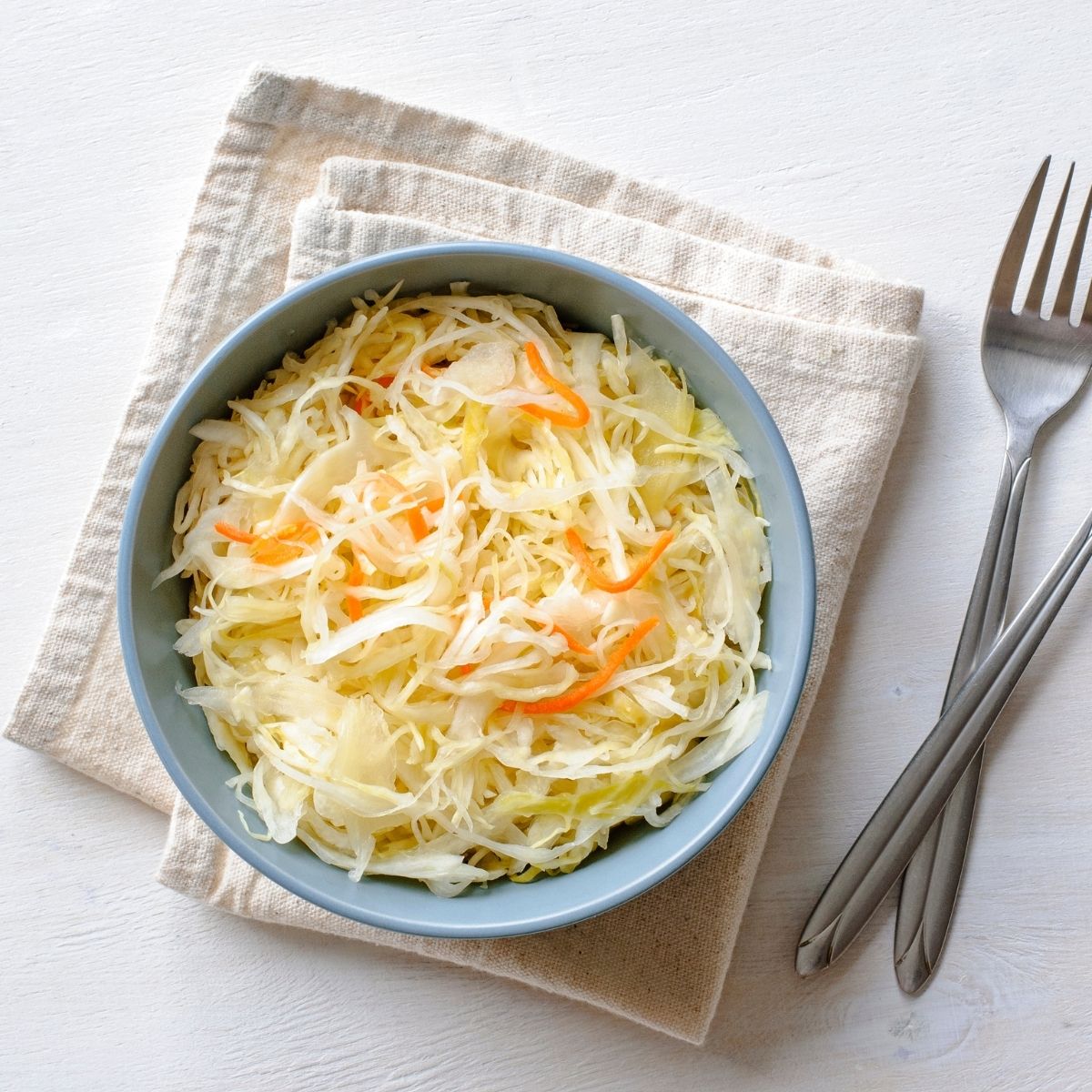
Made similarly to kimchi, sauerkraut is another fermented cabbage side dish. It is popular in Eastern European countries. Not only is it an excellent source of probiotics, but it also contains vitamins C, and K, as well as potassium. The flavor is sour, and the texture is crunchy. Serve on top of sandwiches, or add to your bowls with tofu, vegetables, and rice.
Miso
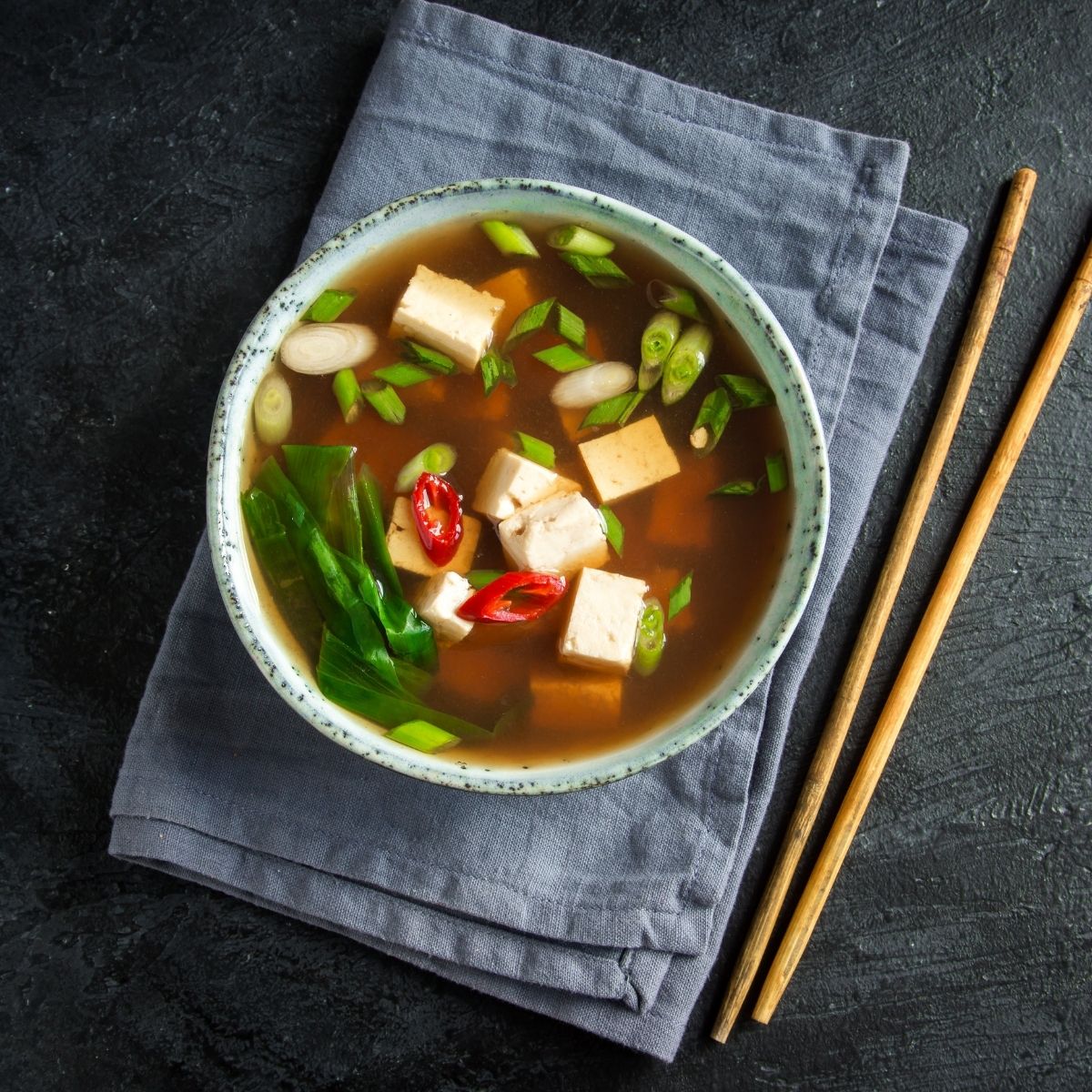
Miso paste is made from fermented soybeans. It is common in Asian cuisine. Miso soup is a common way to enjoy miso paste. It’s rich in antioxidants, B vitamins, as well as probiotics. Enjoy it as a soup, or add it to dressings and marinades.
Tempeh
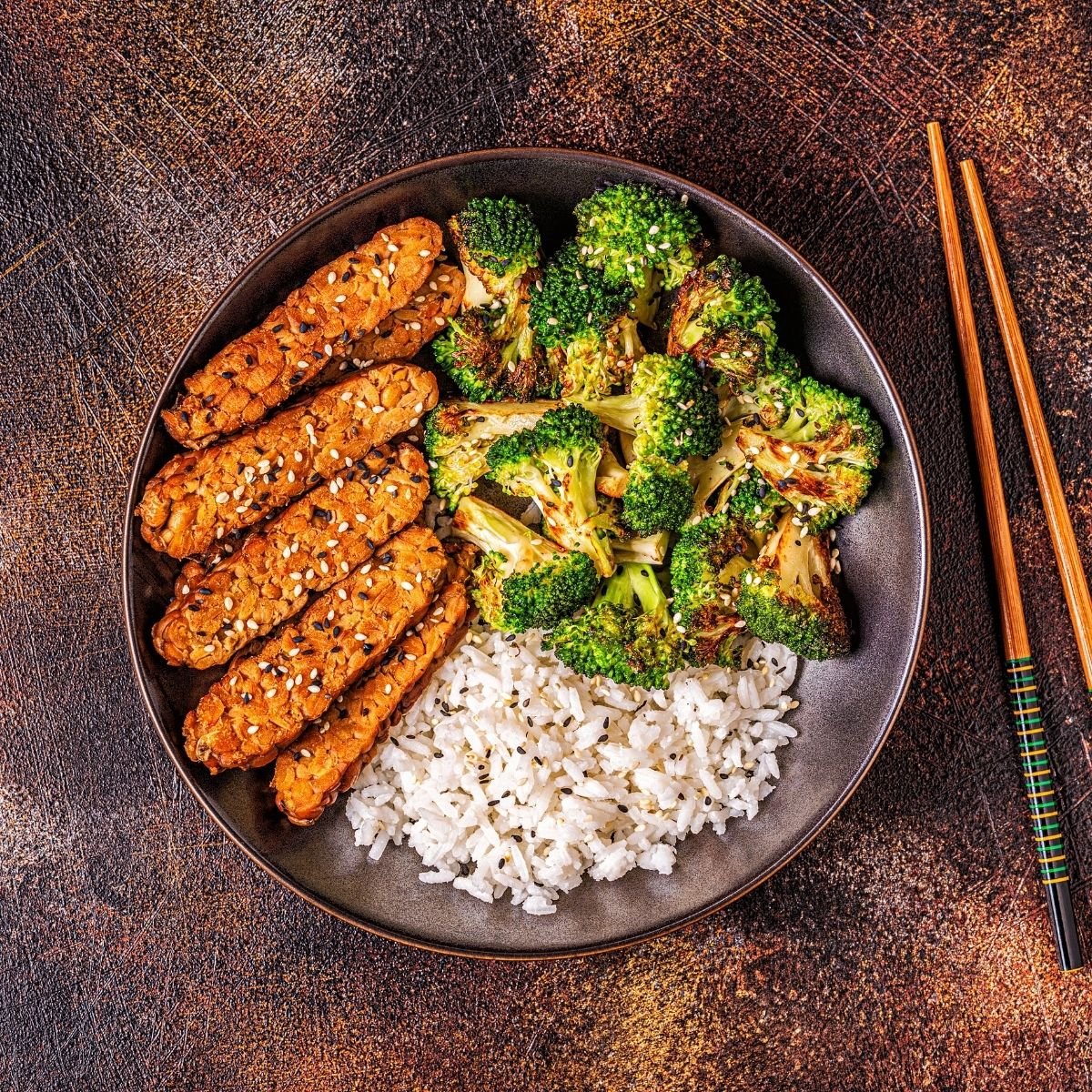
Another fermented soybean product, tempeh is similar to tofu. It is an excellent source of protein and probiotics. A great all-around staple for vegans. It can be added to stir-fries, sandwiches, and more!
Sourdough Bread
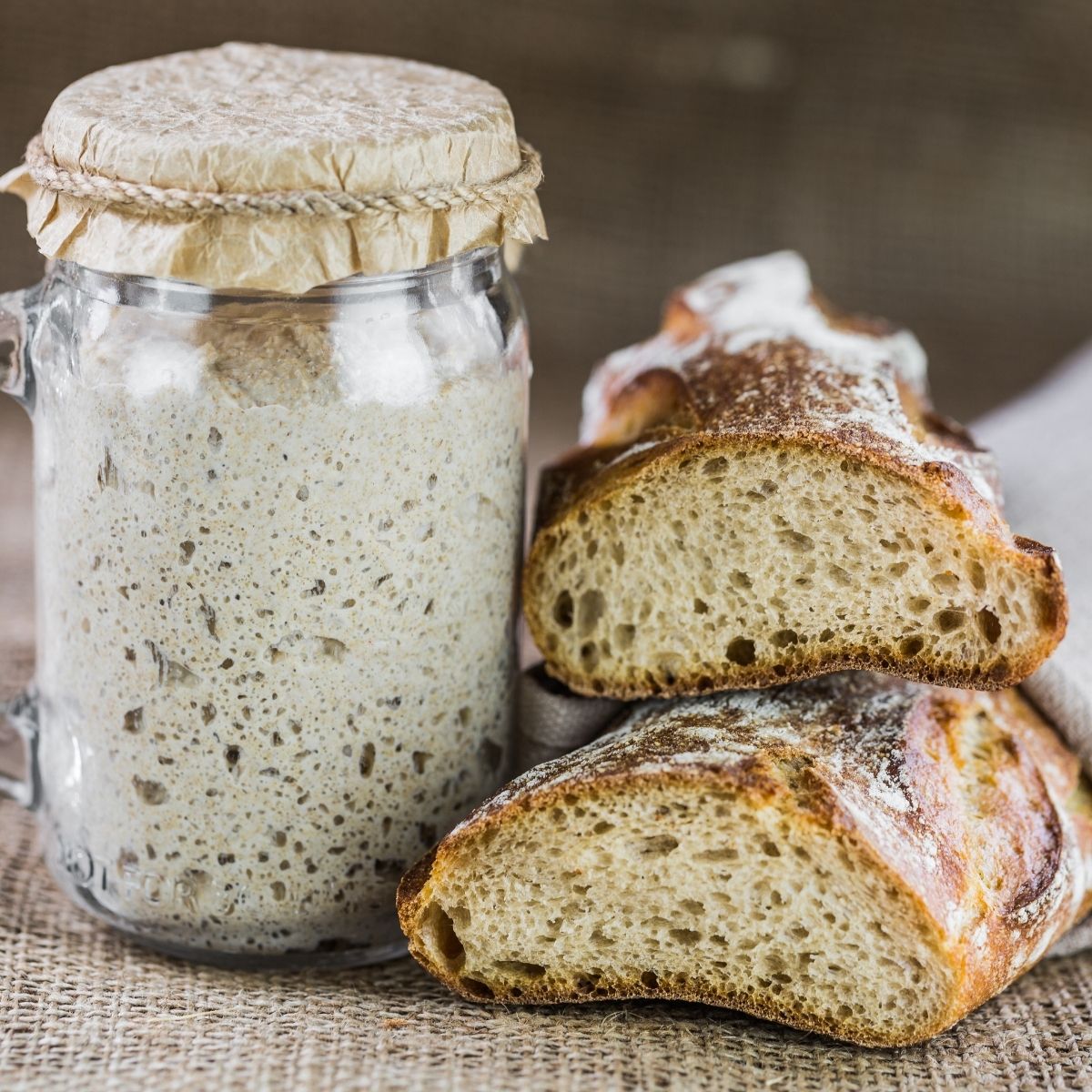
Sourdough bread is made from a starter. This starter is made from flour and water, that has undergone a fermentation process that takes several days. However, be aware that not all sourdough bread contains probiotics. If you purchase your sourdough from a store it may not have been made with a sourdough starter, and therefore won’t have probiotics.
Pickled Vegetables
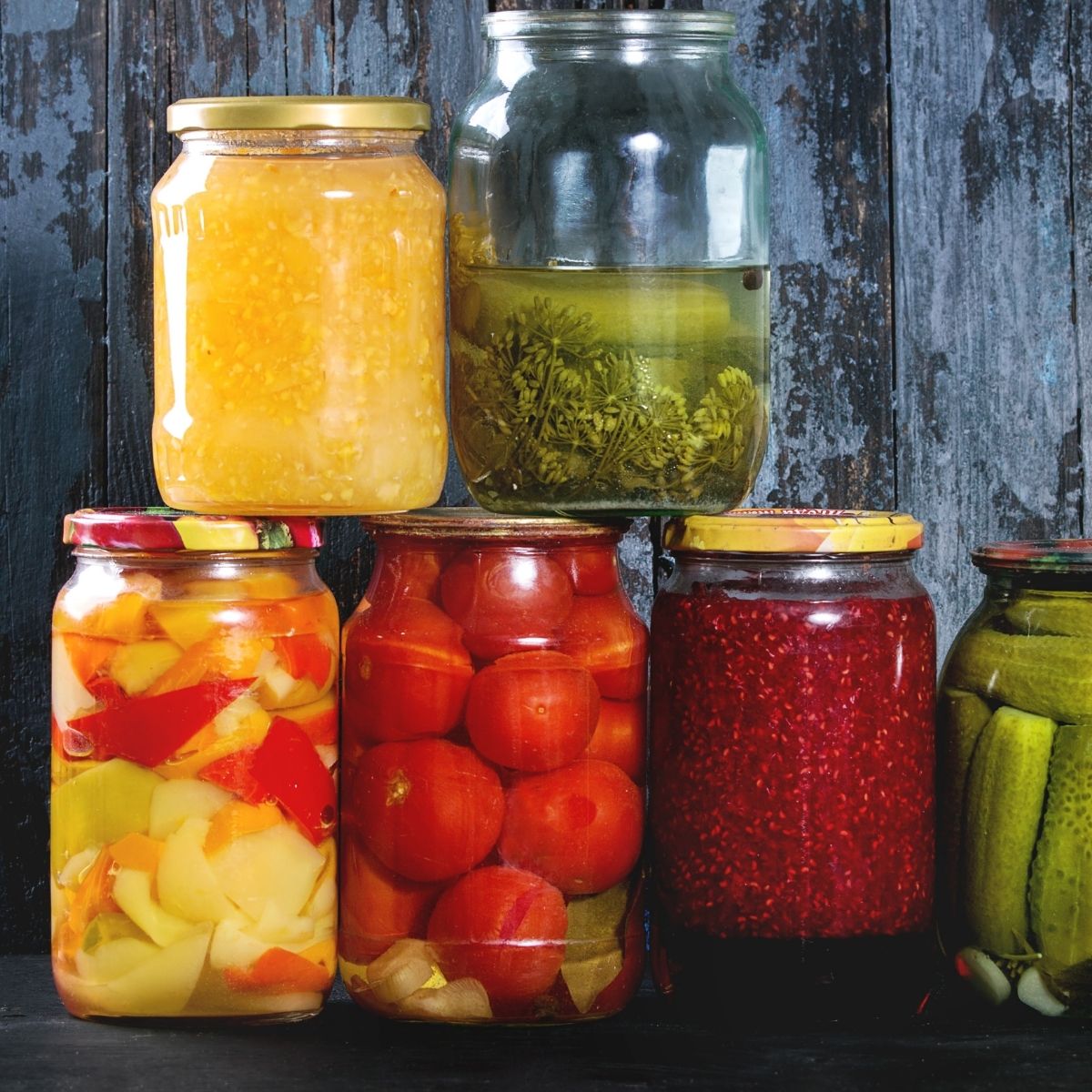
The pickling process creates a probiotic-rich food source that comes from lactic acid. Be aware that pickled vegetables also tend to be high in sodium, so enjoy them in moderation. There are numerous vegetables you can pickle and enjoy!
- Cucumbers (Pickles)
- Carrots
- Daikon Radishes
- Bell Peppers
- Broccoli
- Cauliflower
- Green Beans
Fermented Soy and Nut Milk Alternatives
Vegan yogurts made from soy or other nut milk contain live cultures. If you choose to add vegan yogurt to your diet, look for one that is low in sugar, and check the label for probiotic strains such as Lactobacillus.
12 Best Vegan Probiotics: Supplements
Routine Probiotics for Women
Made specifically for women, Routine probiotics improves gut health, boosts immunity, promotes a healthy weight, and balances women’s health. It has 5 ultra-premium probiotic strains sourced from the U.S., with 24 billion CFU guaranteed in each capsule. Not only are these probiotics excellent for your health, but they also come on eco-friendly packaging to limit their impact on the environment. Your first delivery includes a reusable bottle, with a sealed compostable of pills. Each subsequent shipment only includes the sealed package, so the packaging is greatly reduced.
Freshfield Probiotics
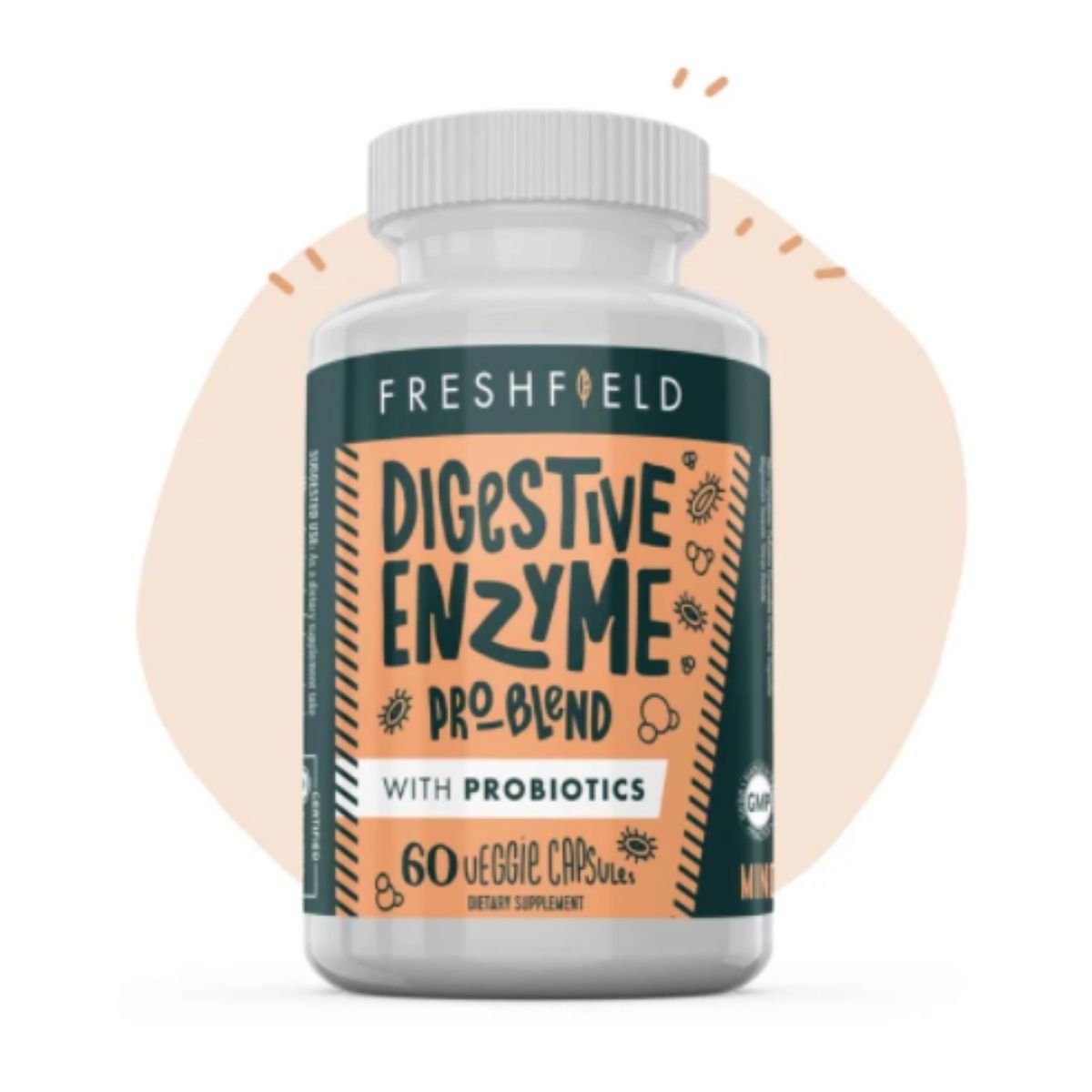
A blend of enzymes and probiotics to help your digestive system stay in balance. This blend improves your gut health which can reduce symptoms of IBS, reduce bloating, and improve your immunity. Third-party tested and GMP certified.
Future Kind Vegan Probiotics
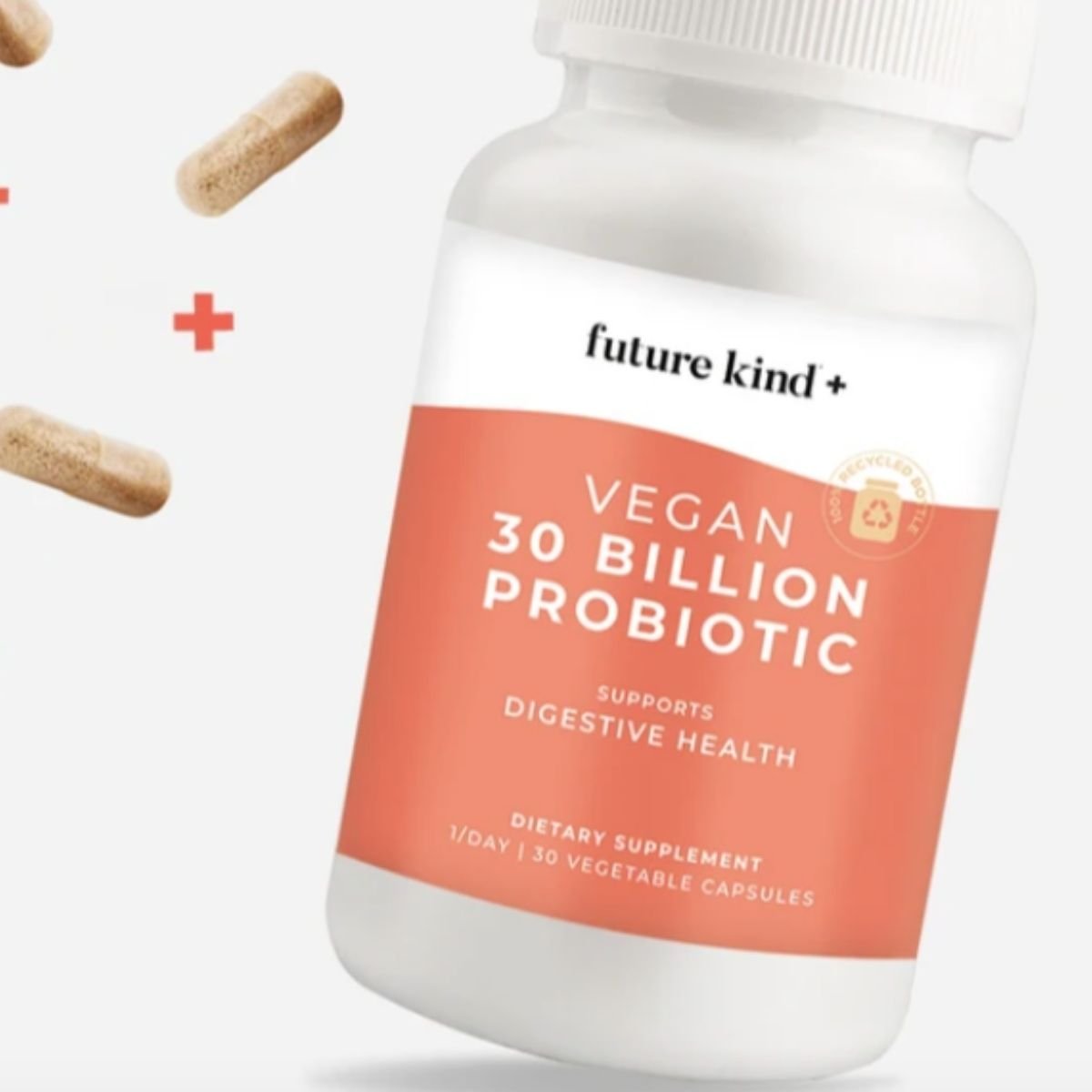
With 30 Billion microbes to support digestion, immunity, and pathogen protection. It is GMO-free, and third-party tested. These different probiotic strains support intestinal health, a healthy metabolism, and optimal digestion. Free of gluten, wheat, yeast, soy, animal derivatives, artificial colors, and preservatives.
Use code BEKIND for 10% off!
Performance Lab PL Immune
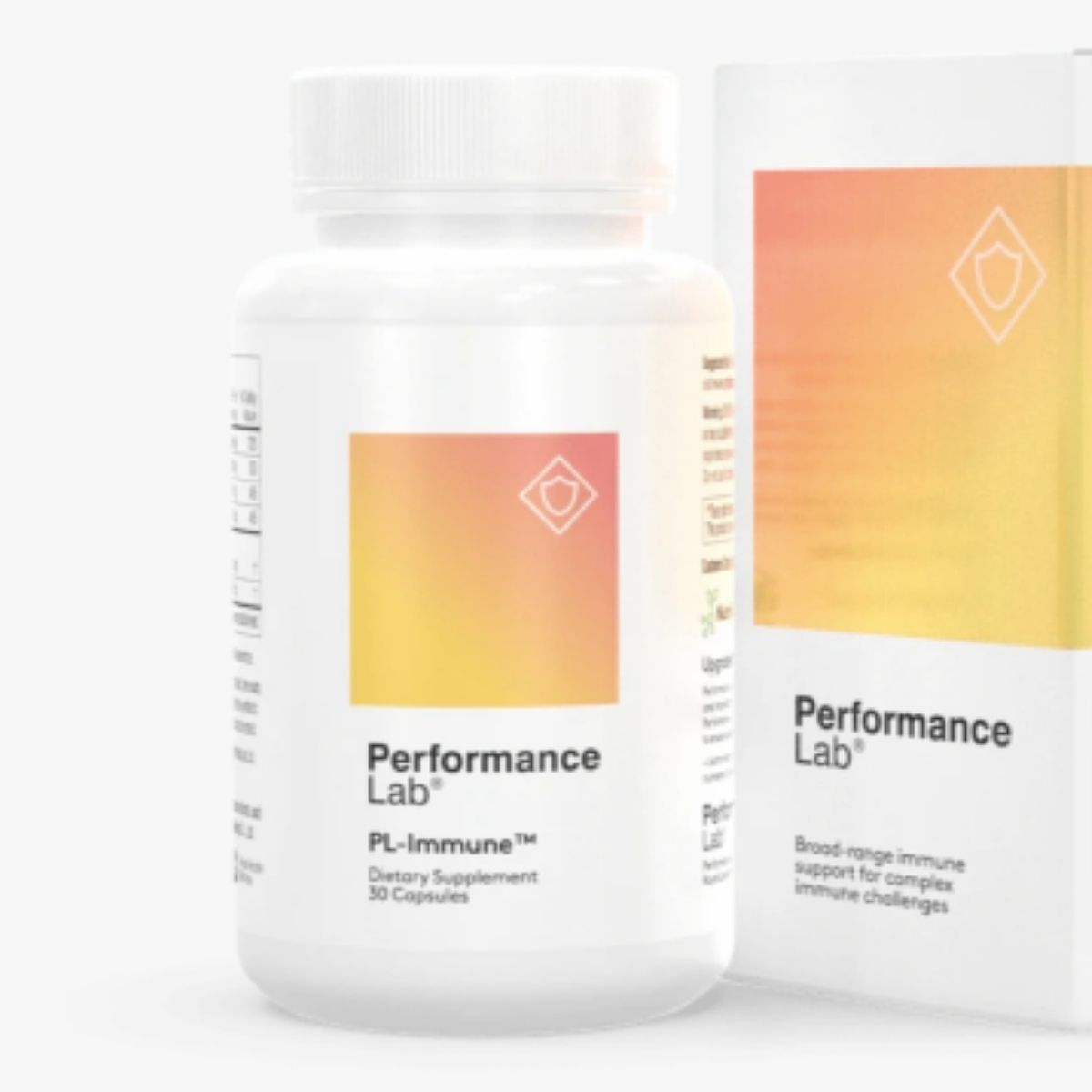
P-L Immune is formulated to support short and long-term immune health. This vegan probiotic is free of gluten, and soy, and also contains antioxidants, Vitamin D, Vitamin C, Zinc, and Selenium for multiple sources of immune support. Only one vegan capsule is needed per day. Recommended to be taken in the morning with a fat-soluble food.
Mary Ruth’s Liquid Probiotics
If you’re not one that likes to swallow a pill, then Mary Ruth’s Liquid Probiotics are for you! It is vegan, organic, plant-based, raw, and non-GMO. Suitable for women, men and kids. This formula helps to increase energy, improve digestion, support your metabolism, improve immunity, reduce cholesterol, and help with liver function.
Deva Nutrition Probiotic
The active ingredient in this probiotic is bacillus coagulans which does not require refrigeration and has a stable shelf life. All you need is one capsule per day. Includes 2 Billion CFU.
Renew Life Probiotics
With 12 billion probiotic strains and 30 billion live cultures, Renew Life Probiotics supports digestive and immune health. It is gluten-free, free of dairy products, soy-free, and non-GMO.
Inessa Advanced Daily Biotic
Provides 10 billion live bacteria in each vegan delayed-release capsule. Suitable for both men and women. Supports optimal gut health, helps to keep your microbiome in balance, and boosts your body’s natural immune system, the slow release formula means that the probiotics reach your gut for optimal absorption and health benefits. Third-party tested, and certified vegan.
Ora Organic Probiotics and Prebiotics
With 16 billion live cultures and 6 probiotic strains, this capsule is vegan and organic. It includes both prebiotics and probiotics. It’s gluten-free, dairy-free, soy-free, and non-GMO. This probiotic is gentle on sensitive stomachs.
Just Thrive Probiotic and Antioxidant Blend
This spore-based probiotic ensures that the good bacteria make it to your gut for optimal absorption and health benefits. The patented strain of probiotics called Bacillus indicus HU36 produces antioxidants in the gut, where they can be best absorbed by your body for a positive effect on your health. Vegan, paleo, and keto-friendly.
Yuve Vegan Probiotic Sugar-Free Gummies
Not a fan of swallowing a capsule? Yuve Vegan Probiotic is a sugar-free vegan gummy with 5 billion live microorganisms. They are vegan, non-GMO, gluten-free, gelatin-free, and chemical-free. With no artificial flavors, artificial sweeteners, or added sugar. These gummies do need to be kept refrigerated.
HUM Probiotic for Gut Health
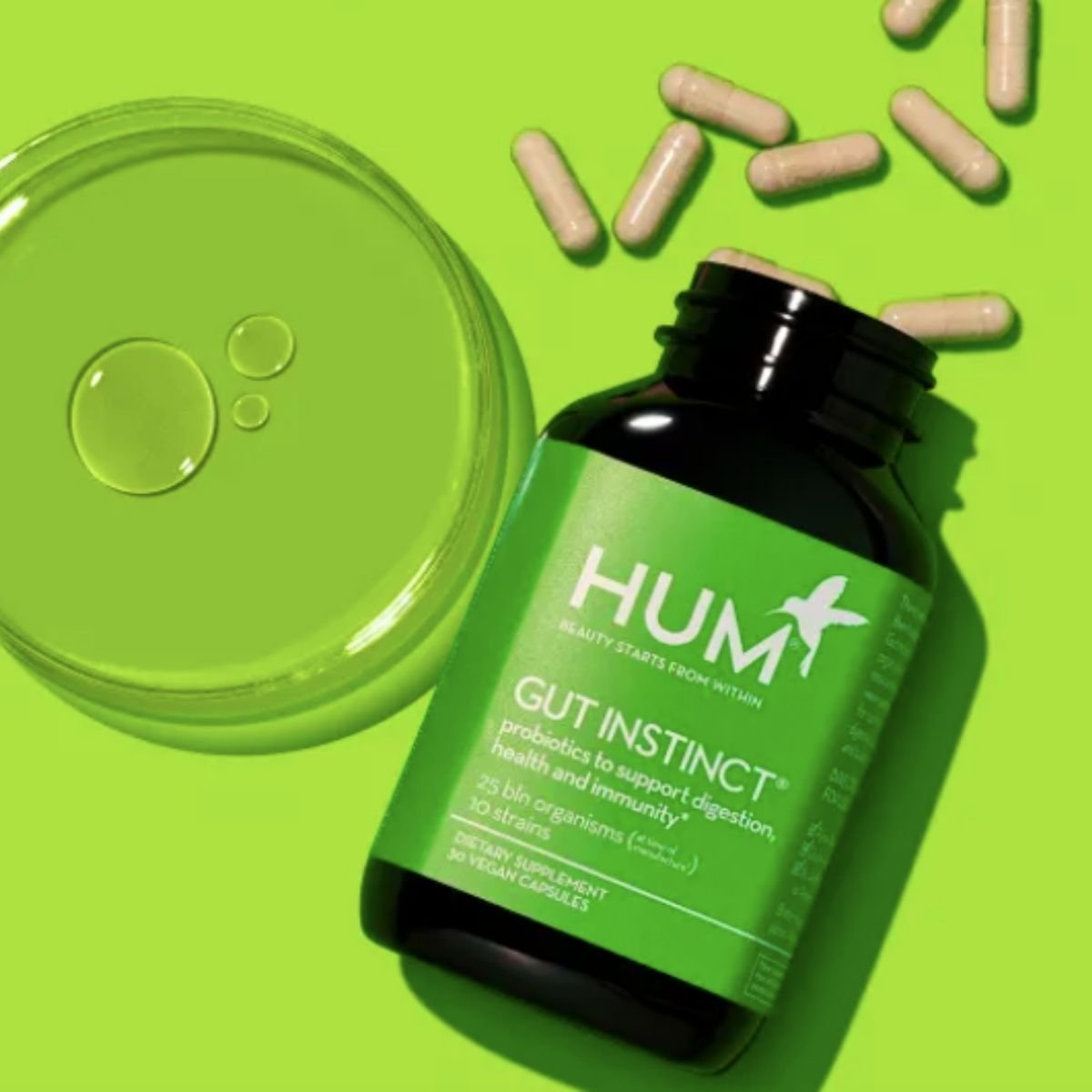
With 10 probiotic strains and 25 billion live cultures, Hum’s Gut Instinct Probiotic is designed explicitly for healthy digestion and immune support. Their vegan capsules are non-GMO, soy-free, gluten-free, and third-party tested for purity and potency.
Vegan Probiotics FAQS
Vegans get probiotics through various plant sources or supplements. It is possible to get your needed probiotics through fermented food sources such as kombucha, water kefir, sourdough bread, miso, vegan kimchi, and pickled vegetables. However, if you’re vegan and don’t eat these types of fermented foods daily, taking vegan probiotic supplements will ensure you get the needed probiotics to ensure a healthy gut.
You do not necessarily need to take a probiotic supplement. Your body naturally produces good bacteria to help keep your body in balance. However, if you want to boost your immunity, or notice problems with your gut health, consult your doctor to determine if taking a probiotic supplement would help. Also, be sure to eat a well-balanced diet, and introduce food sources with active probiotics into your meals.
It is usually best to take your probiotic on an empty stomach. This ensures that the active ingredients make it to your gut to do all the good work! Either take it first thing in the morning before your breakfast or before you go to bed. Make sure to read the label of your probiotic for directions on how to take it, as some may be different.
Probiotic supplements are considered safe. However, be sure to choose a probiotic supplement that has been third-party tested. Supplements do not need to go through the FDA and can be sold without testing for effectiveness or safety. For some, probiotics can cause an upset stomach, gas, diarrhea, or bloating, If you have a compromised immune system you are more likely to experience these problems. Always consult your doctor before starting any supplement.
Probiotics are generally fine to give to children. There are supplements designed specifically for children. Before giving your child probiotics, consult their pediatrician.
When you are on antibiotics, it can have an effect on your microbiome, which causes diarrhea for some. However, studies have shown that taking probiotics can decrease the likelihood of side effects occurring. Antibiotics can kill probiotics, so taking them a few hours apart is important for effectiveness.
I hope this list of the best probiotics for vegans was helpful. Please be sure to consult your doctor before starting any supplement program.
More helpful health reviews for vegans!
- Best Vegan Multivitamins
- 21 Best Cruelty-Free Vegan Deodorant Brands
- 70 Cereals for Vegans
- Splendid Spoon Review
Please comment below if you found this article helpful or have any additional questions. You can also follow me on Instagram, Pinterest, and Facebook for more family-friendly vegan recipes!
Sources
- Cleveland Clinic: What Are Probiotics?
- WebMD: What Are Probiotics?
- NIH: Probiotics What You Need to Know?
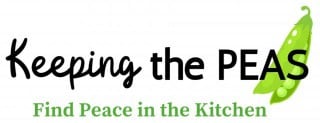

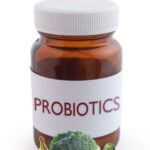
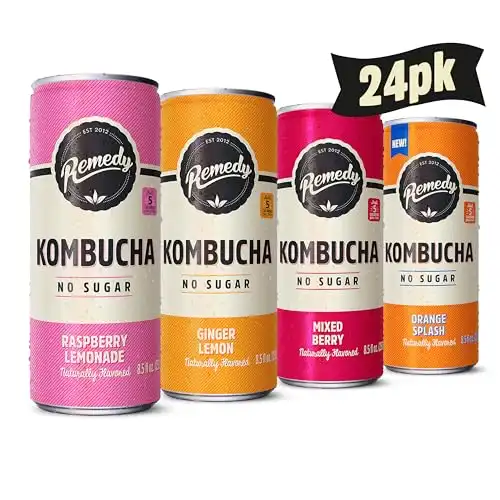
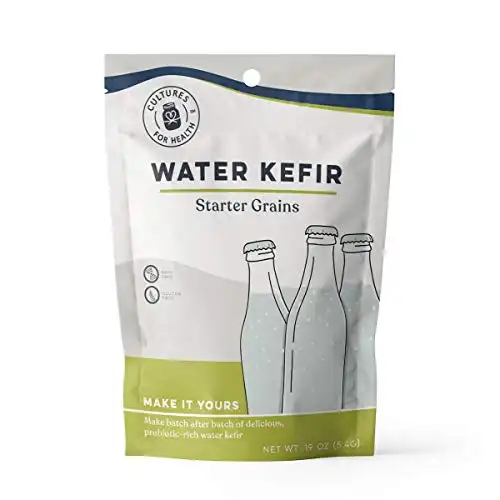
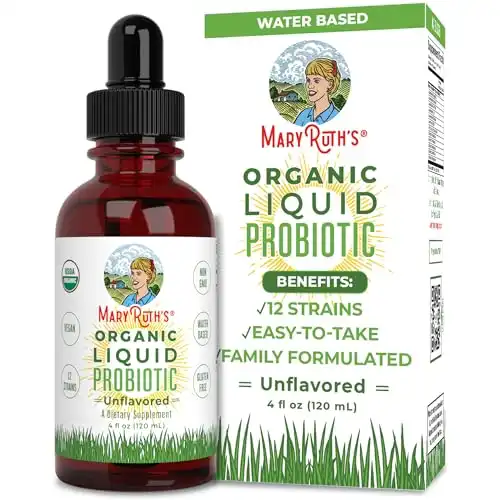
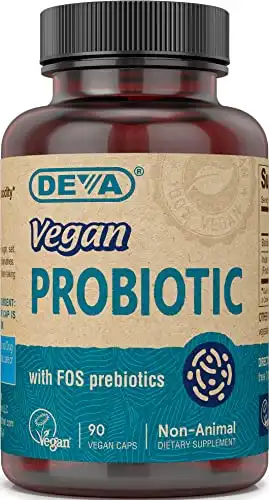
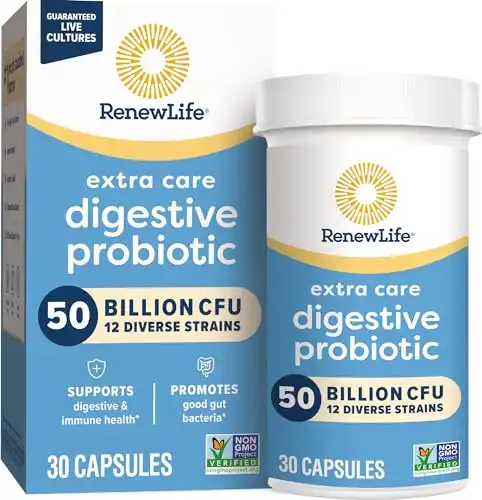
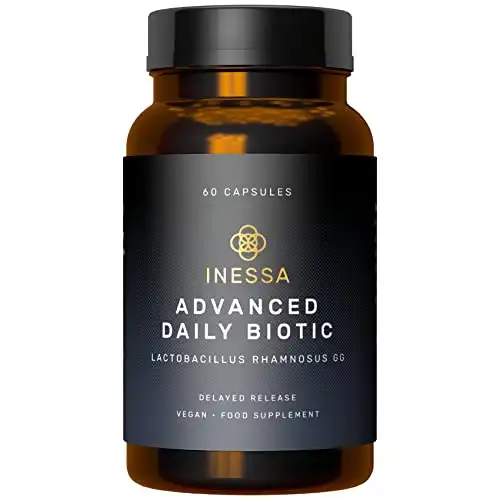
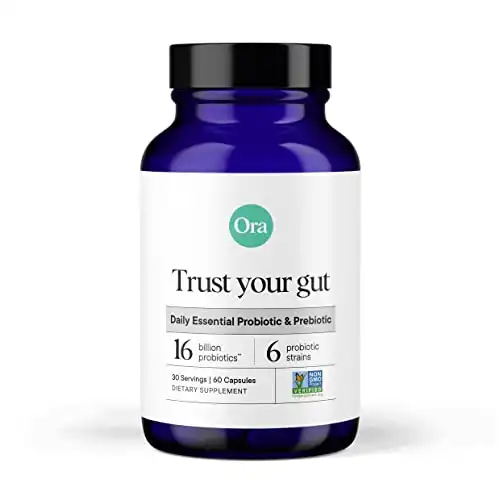
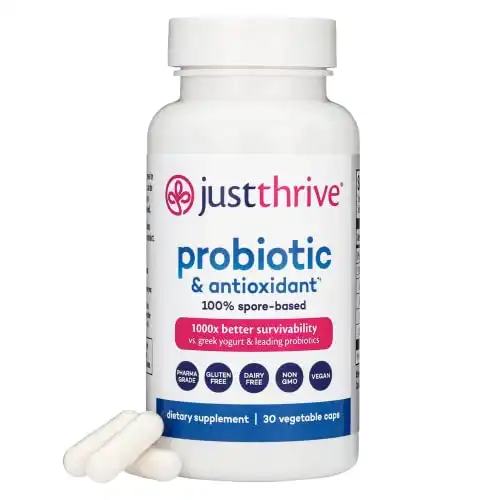
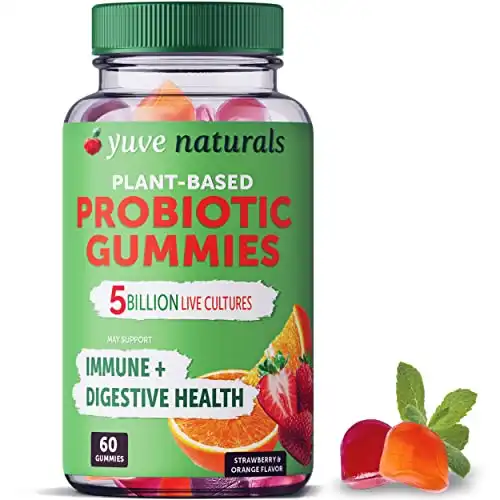
Leave a Reply